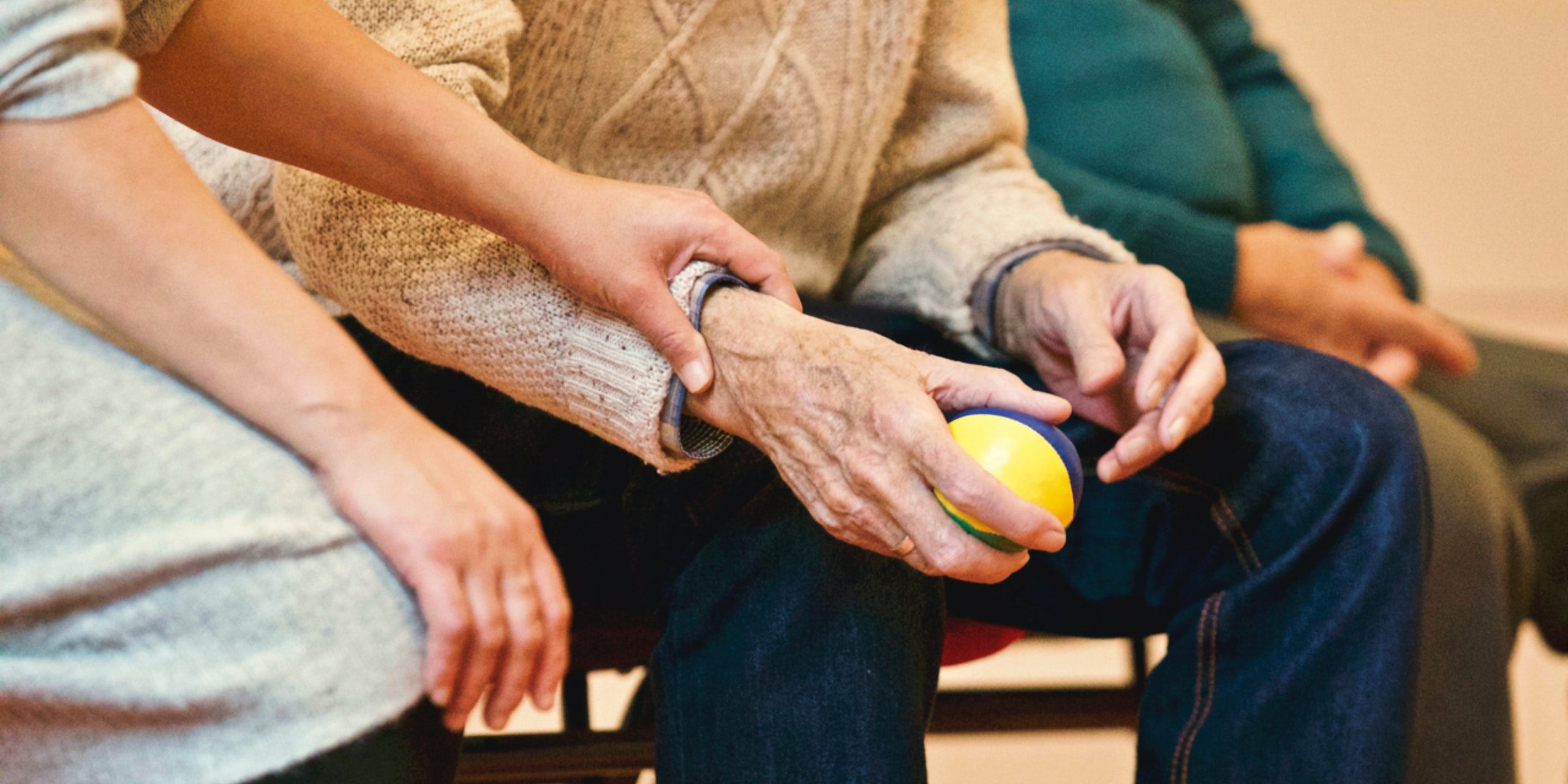
A participatory and innovative approach to the transformation of a CHSLD focusing on the sustainable health of residents and staff.
This multidisciplinary project is co-directed by Isabelle Feillou, a professor in the Department of Industrial Relations at Laval University, and Nathalie Jauvin, a researcher and specialist scientific advisor at the Institut national de santé publique du Québec (INSPQ).
Long-term care facilities (CHSLDs) are living, caring and working environments, but there are few only opportunities for dialogue between the various stakeholders. Yet these opportunities for dialogue are necessary levers for creating empowering organisations that preserve physical and psychological health, respond to inter-individual differences and promote autonomy and learning.
This action-research, which is taking place in several phases and over several years, aims to develop knowledge on transformation processes that are more in line with the sustainable health of residents, their families and workers. More concretely, it aims to accompany, in an iterative manner, the transformation projects of the CHSLD Saint Brigid’s Home, particularly with regard to the architecture and layout of the premises (for more information on the CHSLD SBH, click on this link). Its objective is to develop transferable knowledge from one project to another within St Brigid’s as well as in other establishments in the network. The knowledge developed concerns both the transformation process itself and the strategies developed by the various actors and the results generated for workers, users and their families.
Funding from Alliance santé Québec (2020-2021) allowed for the creation of an interdisciplinary and intersectoral team that prepared a workshop and held an exchange workshop on November 30 and December 1, 2021. This workshop, spread over two half-days, brought together more than 60 people, about 40 of whom came from the partner CHSLD, Saint Brigid’s Home. Among the participants were researchers and experts from various disciplines (architecture, industrial relations, ergonomics, rehabilitation, aging, etc.), graduate students, representatives of organizations (Canadian Red Cross, Nature Québec, Un et un font mille), the Association paritaire pour la santé et la sécurité du travail du secteur affaires sociales (ASSTSAS) and, above all, many members of the Saint Brigid’s Home community: managers, caregivers, maintenance personnel, logistics, user representatives, etc, and the CIUSSS de la Capitale-Nationale.
The workshop encouraged the exchange of innovative models developed for nursing homes here and abroad (France). Four presentations were made (links to come):
- Presentation of emerging models of housing and long-term care, by Savanah Laurence, student in the Master’s programme in ergonomics at Laval University and research assistant on the project
- IDRON or an example of the EHPAD of tomorrow, by Pascale Boukaert, architect associated with the firm HOBO Architecture, and Thomas Guitton, general manager of the Association pour le Développement et la Gestion des Équipements Sociaux, médico-sociaux et SAnitaires (ADGESSA) (France)
- VITRINE Project (new construction and transformation into a CHSLD) (CIUSSS de la Capitale-Nationale), by Diane Morin, professor emeritus of Laval University
- Organization in an adapted environment: Résidence Angélica, by Francis Ethridge, consultant and researcher, Humanique Conseil, Nancy Tavares, director of nursing care and client programs, Véronique Tremblay, physical rehabilitation technician, and Ms. Dagenais, resident of the CHSLD Résidence Angelica
The workshop of the second day aimed at developing concrete courses of action for the partner community based on the previous day’s presentations.
A knowledge transfer funding from Dialogue McGill made it possible to make the knowledge developed in this first preparatory phase of the research accessible to the English-speaking community.
This action-research project has received ethical approval from the Comité d’éthique de la recherche sectoriel en santé des populations et première ligne to pursue the following parts of the research. It is currently in a second phase of “implementation” during which the researchers are accompanying the institution, thanks to a participatory approach, in the implementation of transformations more in line with the sustainable health of the residents, their relatives and the workers, in coherence with the results of the workshops. These transformations are initiated by the design and renovation of two prosthetic units.




